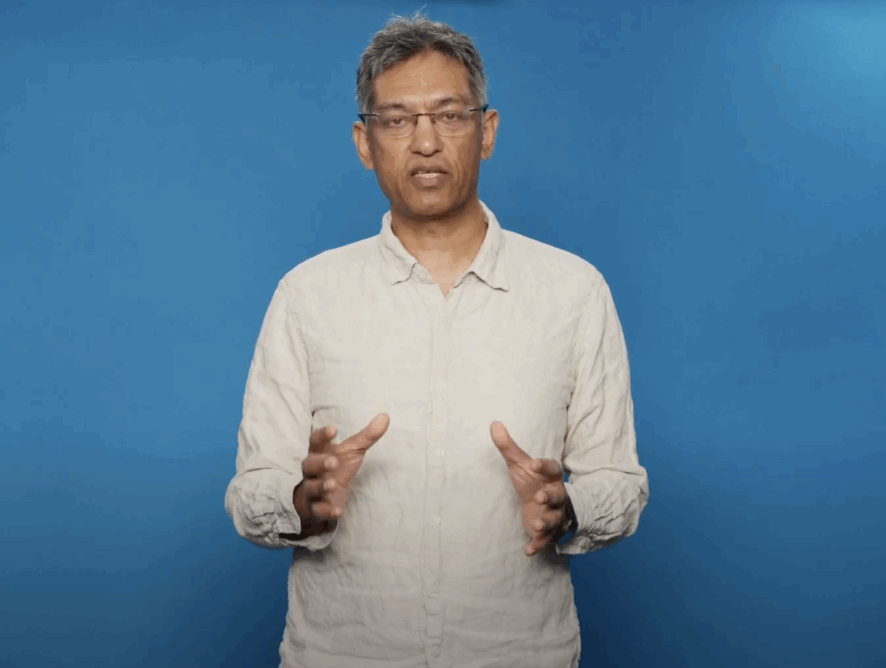Reimagining Asia: Pan-Asianism and the Specter of Hegel
In this interview, Viren Murthy reflects on how Chinese and Japanese thinkers of the twentieth century responded to capitalist modernity and imperialism by reimagining “Asia” as a political and philosophical concept. Drawing connections between Pan-Asianist thought and European philosophy, Murthy revisits Hegel’s provocative claim that Asia lacks historical subjectivity and explores how intellectuals such as Takeuchi Yoshimi turned the idea of Asia into a symbol of anti-imperialist resistance. This conversation examines the tensions, legacies, and possibilities of Pan-Asianism—asking whether it might still serve as a critical resource in confronting the global crises of the present.
1. Why did many Chinese and Japanese intellectuals in the twentieth century turn to the idea of “Asia”?
2. How did Hegel’s idea of Asia as a space “without subjectivity” influence Asian thinkers—and how did Pan-Asianists respond to it?
3. How did Pan-Asianism challenge the Western notion of linear historical progress and capitalist modernity?
4. Why did Takeuchi Yoshimi continue to believe in Pan-Asianism after the war, even as its fascist legacies were widely criticized?
5. Amid China’s rising economic power and ongoing global capitalist crises, does Pan-Asianism still offer meaningful alternatives?
Introduction to Viren Murthy:
Viren Murthy teaches transnational Asian History at the University of Wisconsin-Madison and researches Chinese, Japanese and Indian intellectual history. He is the author of The Political Philosophy of Zhang Taiyan: The Resistance of Consciousness (Brill, 2011), The Politics of Time in China and Japan, Routledge, 2022, paperback 2024) and Pan-Asianism and the Legacy of the Chinese Revolution (University of Chicago, 2023).
Viren Murthy is interested in critics of modernity in Asia, specifically, China, Japan and India. He places the history of nationalism and transnationalism in the larger trajectory of global capitalism and examine how pan-Asianists, Third Worldists, Marxists and postcolonialists theorize resistance to imperialism and capitalism and posit a world beyond the present. Central to his work is the politics of the nation-form. Pan-Asianists and Third Worldists believed that the nation-form would be able to combine anti-imperialism with a politics of socialism. He researches the conditions for the possibility of such theories in the early postwar period and the ask whether their categories and politics continue to be germane to our neo-liberal present.

